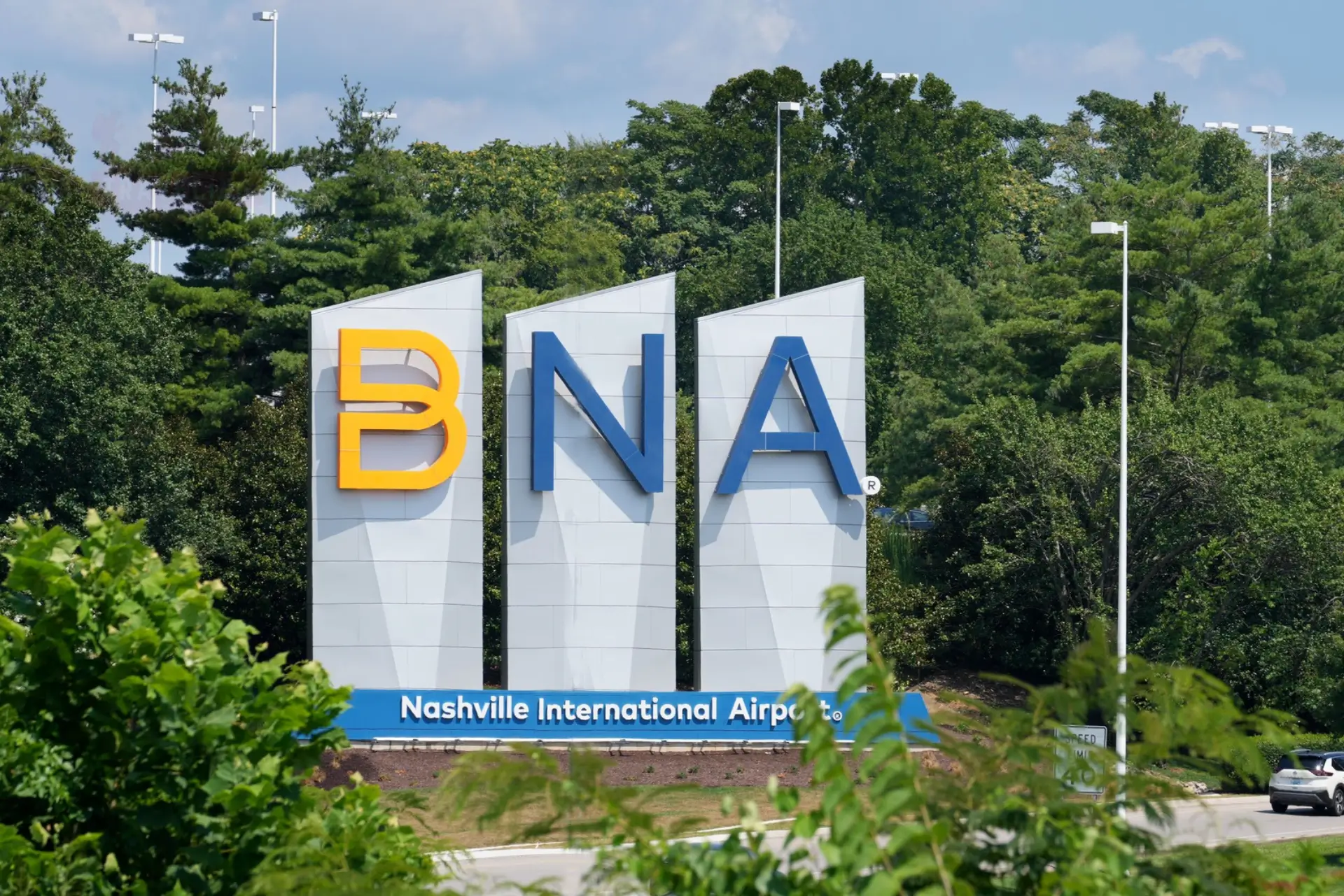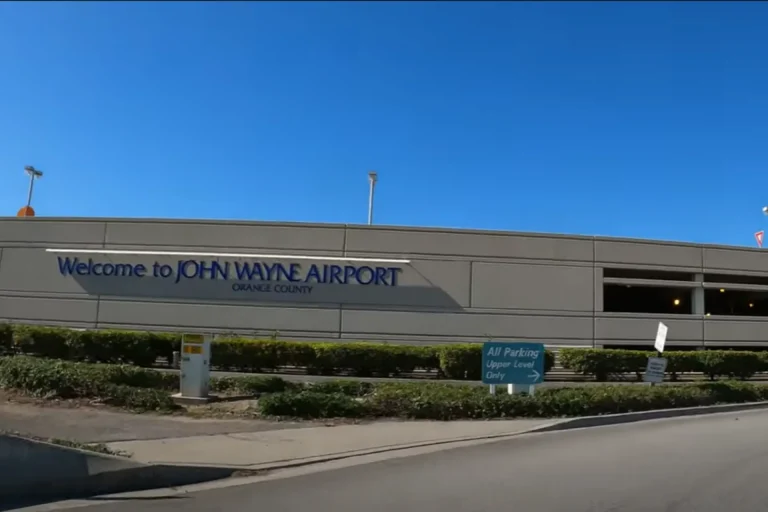What Does BNA Airport Stand For?
BNA. Just three letters but packed with history, heart, and heritage. If you’ve flown in or out of Nashville, Tennessee, you’ve likely seen this code on your boarding pass. But what does BNA airport stand for, and why does it matter?
BNA stands for Berry Field Nashville Airport. The letters reflect the name Col. Harry S. Berry, the airport’s first administrator and a key figure in its creation. Rather than being a simple abbreviation of “Nashville,” the code honours its roots and the visionary leader behind it.
Meaning Behind BNA
The airport code BNA stands for Berry Field, Nashville, named after Colonel Harry S. Berry, a key figure in the airport’s early development. Berry was a prominent administrator of the Works Progress Administration (WPA) in Tennessee during the 1930s, a federal program that funded public works projects, including the construction of the airport. The code “BNA” reflects the airport’s original name, Nashville Berry Field, which was later simplified to Nashville International Airport as it grew in scope and significance.
Airport codes like BNA are assigned by the International Air Transport Association (IATA), a global organization that standardizes codes to ensure smooth communication across the aviation industry. The “B” in BNA directly references Berry Field, while “NA” ties to Nashville, creating a concise identifier for the airport.
Brief History of BNA Airport
To fully appreciate what BNA stands for, it’s worth exploring the history of Nashville International Airport. Opened on June 12, 1937, the airport was initially a modest facility built on 340 acres of land southeast of downtown Nashville. Colonel Harry Berry’s involvement in securing WPA funding was instrumental in its establishment, and the airport was named in his honor.
Over the decades, BNA evolved from a regional hub to a major international airport. In 1987, it was officially renamed Nashville International Airport to reflect its growing role in global travel, though the BNA code remained unchanged. Today, BNA serves over 23 million passengers annually (as of 2024) and is a key gateway to Music City, known for its vibrant culture, live music, and southern hospitality.
The airport has undergone significant expansions to accommodate its growth. The BNA Vision plan, launched in 2017 and completed in phases through 2023, modernized the terminal, added new gates, and enhanced passenger amenities. These upgrades have made BNA one of the most traveler-friendly airports in the United States, earning accolades for its efficiency and charm.
Why Airport Codes Matter
For travelers, understanding airport codes like BNA is more than just trivia—it’s a practical tool for navigating the complexities of air travel. At Traveling Pride, we emphasize the importance of knowing your airport codes to avoid confusion when booking flights, checking in, or transferring between flights. Mistaking BNA (Nashville) for another code, such as BWI (Baltimore/Washington International), could lead to costly errors.
Airport codes also carry historical and cultural significance. BNA’s connection to Colonel Berry and Nashville’s aviation heritage adds a layer of meaning for those passing through. When you see “BNA” on your boarding pass, you’re not just heading to an airport—you’re stepping into a piece of Tennessee’s history.
Navigating Nashville International Airport (BNA)
Whether you’re a first-time visitor or a seasoned traveler, BNA is designed to make your journey seamless. Here’s a Traveling Pride guide to navigating BNA like a pro:
Terminal Layout
BNA features a single terminal with four concourses (A, B, C, and D), making it easy to navigate compared to larger, multi-terminal airports. The terminal’s central plaza houses check-in counters, security checkpoints, and a variety of shops and restaurants. Concourses are connected post-security, so you can move between gates without needing to re-clear security.
Getting To and From BNA
BNA is conveniently located just 8 miles from downtown Nashville, a 15-20 minute drive depending on traffic. Travelers have several transportation options:
- Taxis and Rideshares: Uber, Lyft, and traditional taxis are readily available outside the terminal.
- Shuttles: Shared shuttle services offer cost-effective transfers to hotels and popular destinations.
- Public Transit: The WeGo Public Transit bus system connects BNA to downtown Nashville via Route 18, with fares starting at $2.
- Rental Cars: Major rental car companies operate from a consolidated facility adjacent to the terminal, accessible via a short walk.
Amenities and Services

BNA is renowned for its Music City vibe, with live music performances at venues like Tootsies Orchid Lounge and Ole Red within the terminal. Travelers can also enjoy:
- Dining: From local favorites like Swett’s BBQ to national chains like Shake Shack, BNA offers diverse dining options.
- Shopping: Pick up souvenirs at stores like Opry Originals or browse duty-free shops for international travelers.
- Lounges: The American Airlines Admirals Club and Delta Sky Club provide comfortable spaces for eligible passengers to relax.
- Wi-Fi: Free Wi-Fi is available throughout the terminal, perfect for staying connected.
Tips for a Smooth BNA Experience
- Arrive Early: BNA recommends arriving 2 hours before domestic flights and 3 hours before international flights to account for check-in and security.
- Parking: BNA offers short-term, long-term, and economy parking options. Book online in advance to secure a spot and save on rates.
- TSA PreCheck: Enroll in TSA PreCheck for faster security screening, available at dedicated lanes in BNA’s checkpoint.
- Explore Local Culture: Take time to enjoy the live music and art installations that showcase Nashville’s creative spirit.
BNA’s Role in Nashville’s Growth
Nashville’s rise as a top travel destination is closely tied to BNA’s success. The airport serves as a hub for major airlines like Southwest, American, and Delta, with direct flights to over 100 destinations, including international cities like London, Cancun, and Toronto. In 2024, BNA handled approximately 23 million passengers, a testament to Nashville’s appeal as a hub for tourism, business, and conventions.
BNA also supports Nashville’s economy by facilitating cargo operations and corporate travel. The airport is a key gateway for visitors attending events like the CMA Fest, Bonaroo Music Festival, or business conferences at the Gaylord Opryland Resort. For travelers, this means BNA is well-equipped to handle peak travel seasons with efficiency and hospitality.
Fun Facts About BNA
At Traveling Pride, we love sharing insider knowledge to enhance your travel experience. Here are some fun facts about BNA:
- Music City Influence: BNA is one of the few airports in the world with regular live music performances, hosting over 700 shows annually.
- Art and Culture: The airport features rotating art exhibits curated by the Arts at the Airport program, showcasing local talent.
- Sustainability: BNA is committed to eco-friendly practices, including energy-efficient lighting and a robust recycling program.
- Growth Milestone: In 2023, BNA completed a $1.4 billion renovation, adding a new international arrivals facility and a stunning grand lobby.
Why Choose BNA for Your Next Trip?
For travelers heading to Nashville, BNA offers a welcoming and efficient gateway to one of America’s most dynamic cities. Its compact layout, modern amenities, and nod to local culture make it a standout among U.S. airports. Whether you’re visiting for a weekend of honky-tonk bars, a business meeting, or a family vacation, BNA sets the tone for a memorable trip.
At Traveling Pride, we believe that understanding the details like what BNA stands for adds depth to your travel experience. The next time you book a flight to Nashville, you’ll know that BNA isn’t just a code; it’s a tribute to Colonel Harry Berry and a symbol of Nashville’s enduring spirit.


